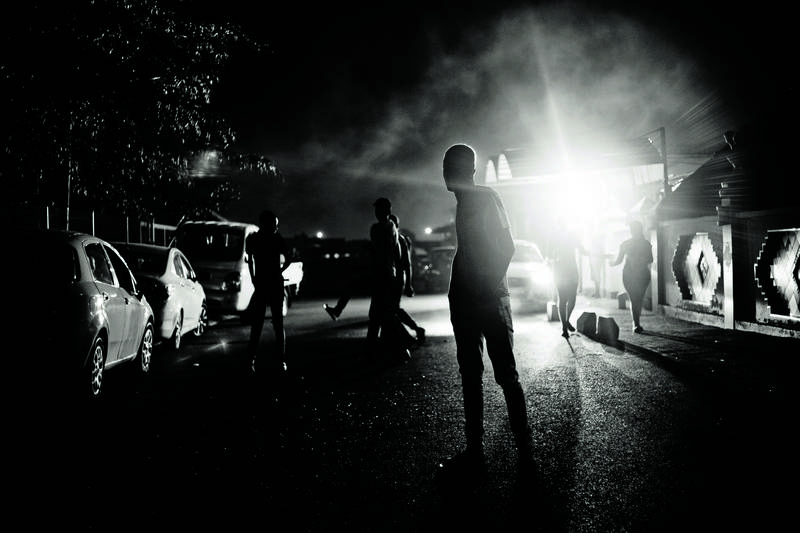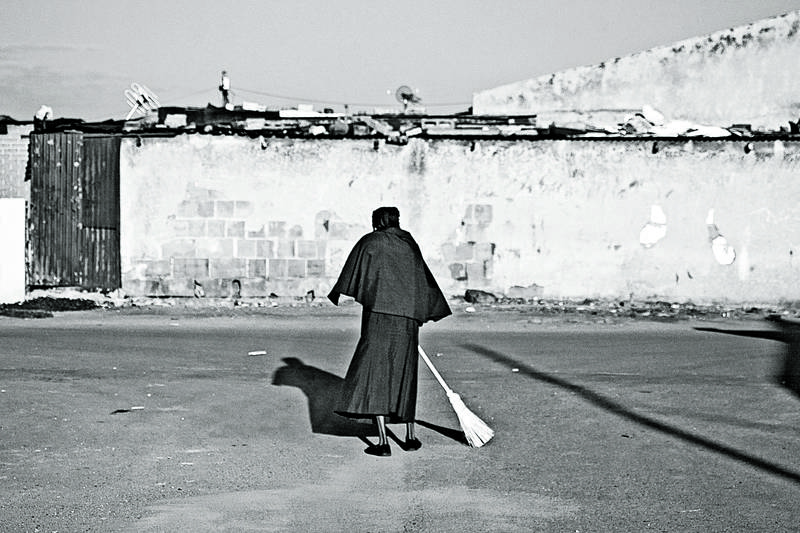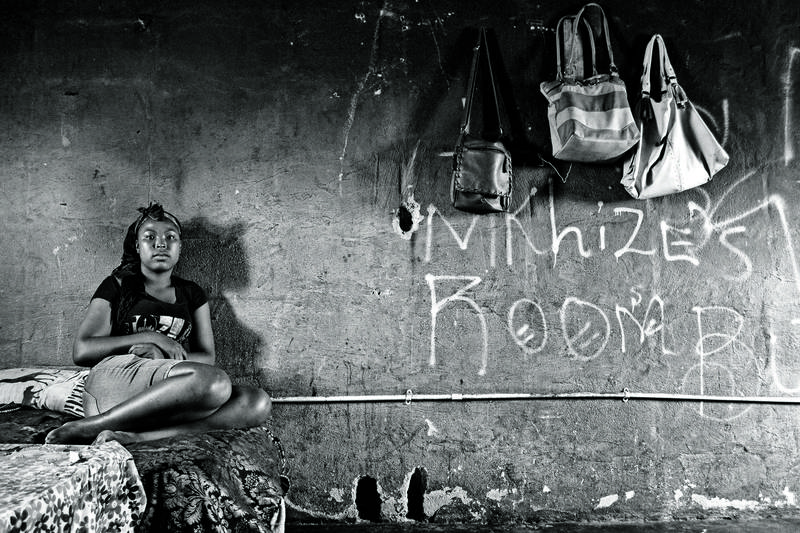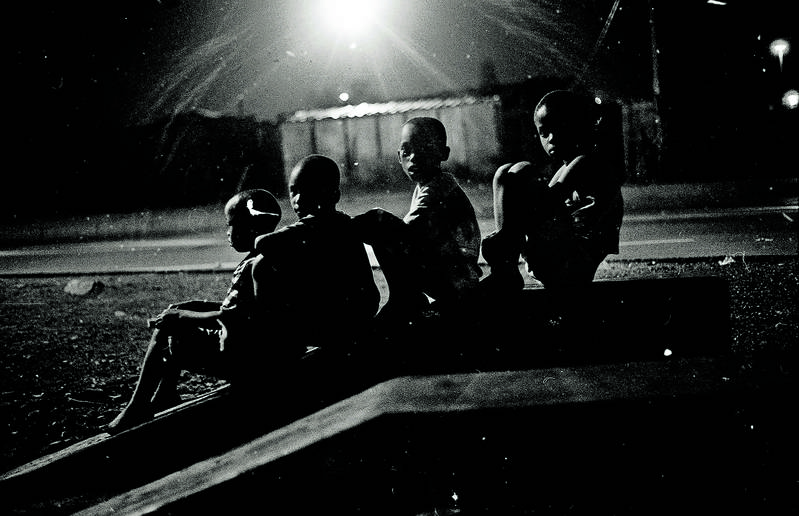Images that speak louder
than words: Tshepiso
Mazibuko sees herself, as
a poet and a storyteller,
as well as a photographer.
Her images take viewers
on a journey, showing
them what feels like
to live and work in a
township.
Tshepiso Mazibuko is an award-winning South African photographer whose work is influenced by the politics of our country, especially how townships are built and how that on its own is a political language.
“I believe that townships were a powerful, but unspoken, political tool that was used against black people. It’s a trap, honestly,” she says.
Born in Thokoza, Johannesburg, Mazibuko began her photography journey in 2012 when she joined the Of Soul and Joy programme, an NGO that provides young photographers with training.
In 2016, she decided to study photography formally at the Market Photo Workshop.
“I have always known I am a creative person but there is something really scary about telling your parents that you want to take the creative route. So, I started hinting I might take it seriously because my mother thought I was joking,” she says.
That changed when Mazibuko had an exhibition at the Johannesburg Art Gallery and invited her mother.
“She did not even talk about the images, she just said: “My daughter, your name is on the wall!”
That meant a lot to Mazibuko. Her mother might not have fully understood all the philosophical meanings behind the images, because she is from a different time, but she gave her daughter the validation and blessings she needed to go full speed in her journey as a photographer.
It did not come without trials and tribulations — it took time for Mazibuko to discover who she really was as a photographer and how she wanted to tell her stories.

 In black and white: Tshepiso Mazibuko’s images explore everyday life in Thokoza, Johannesburg,
In black and white: Tshepiso Mazibuko’s images explore everyday life in Thokoza, Johannesburg,
“It has been quite a journey. For the first six years of my career, I identified as a documentary photographer. After that, I started becoming quite a thinker.
“I stopped being fuelled by the adrenaline of chasing the perfect photo and started becoming more conscious of my concepts,” she says.
Her contemporary works have a poetic quality and carry a strong message. They go far beyond being mere images as you can almost hear the voices of some of the faces she has captured.
“I feel like I am a storyteller but, more than that, I am a poet. The way I understand poetry is that you express things that are sometimes hard to explain,” Mazibuko says.
She has been capturing images of her community for over a decade and her reasoning behind this is that townships are markers of time.
“So, I started using photography as a frame and, in essence, removed the element of time.”


It is an effort to take people on a journey of what it feels like to be in township spaces and to also show how similar our stories are and how we have similar inherited traumas.
Mazibuko says she has struggled with doubts about whether her messaging is coming across to the people who her art is about.
But she believes “her guides” always align her with tools to deliver her messages so the people who the art belongs to can understand it.
“It is one thing to have an idea but what does it matter if the next person cannot immediately connect the dots?” she says.
“I can confidently say my guides are with me and they are constantly telling me to stop worrying about the message — the receiver will always understand,” she says.
Mazibuko’s work is not just about townships as places but how townships make us feel; the anxiety of wondering if you will ever get out.